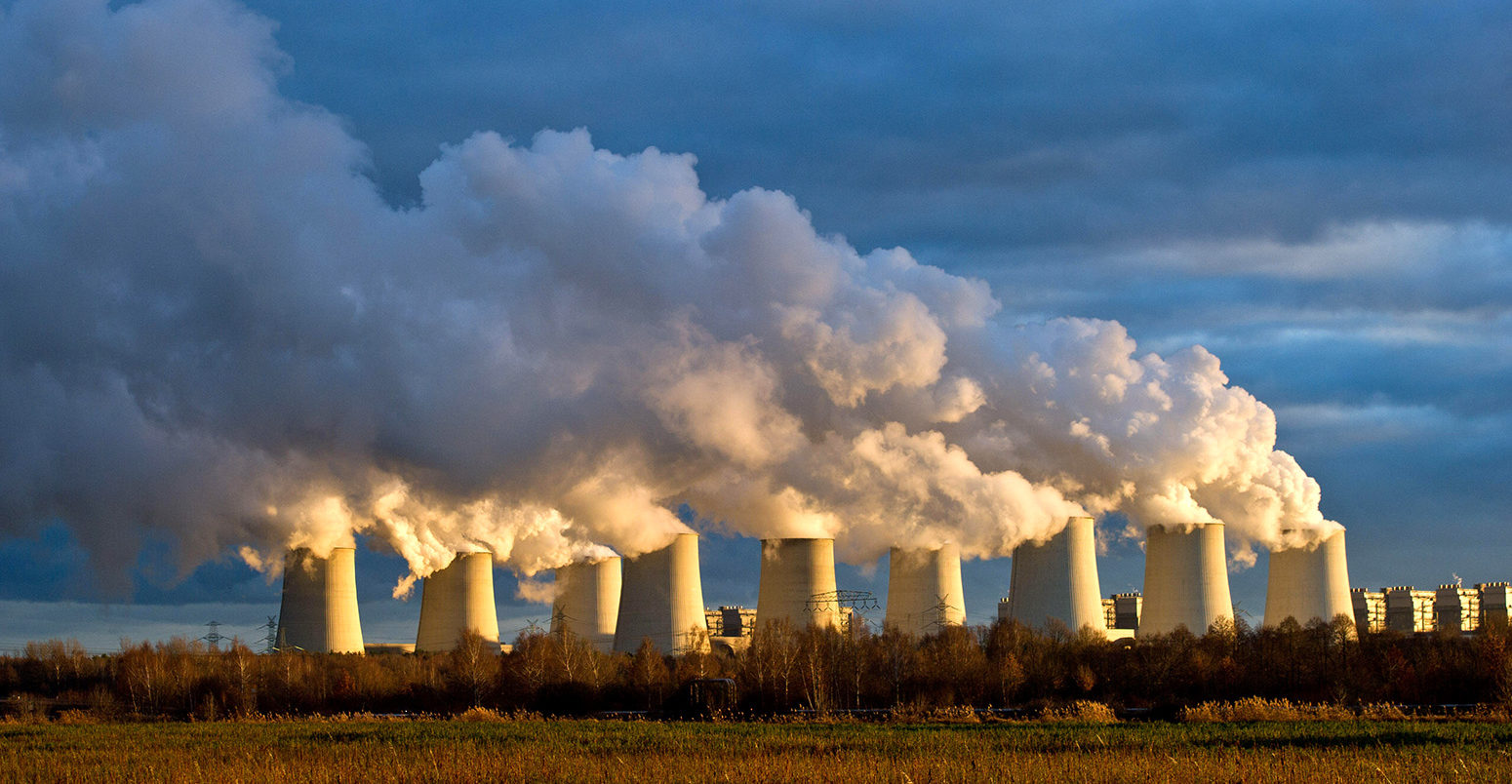Economy and business
Germany: 100 blackouts per year if they left coal generated power

Leading Germany’s largest distribution grid operator, Katherina Reiche, has issued a warning about massive supply gaps in the power grid in anticipation of the 2030 phase-out of coal. In a certain scenario, up to 100 shutdowns per year are possible, which could last up to 21 hours.
Doubts are growing in the energy industry about the technical feasibility of ending coal-fired power generation in Germany by 2030 without jeopardizing the security of electricity supply. The director of grid operator Westenergie, Katherina Reichem, has warned of the consequences of doing so.
According to the expert, based on the meteorological data of the past 30 years and the alternative energy production capacities available in 2030, if German coal-fired power plants are shut down, very large gaps in supply could be generated with the need to apply blackouts that could last from 1 to 10 up to 21 hours, as reflected in her interview with the Wirtschaftspublizistische Vereinigung taken up by the Welt.
Of course, this would be unacceptable for an industrialized country like Germany. “We may have to postpone the elimination of coal for some time,” Reichen said. Westenergie provides electricity, gas, water, and internet to about eight million people in West Germany. With an electricity grid of nearly 200,000 kilometers, Eon’s subsidiary is the country’s largest grid operator.
According to the current coal phase-out law, the burning of coal in German power plants must end in 2038 at the latest. However, the coalition government has agreed that the coal phase-out should “ideally” take place by the end of the decade in order to contribute more to reducing global warming.
Recently, voices have been raised in politics against a premature exit from coal. In late February, three East German state premiers called on the German government to cancel the 2030 date in this context. Brandenburg’s Minister-President Dietmar Woidke (SPD) argued that stopping coal use in 2023 would prevent secure energy supply planning. The Presidential Ministers of Saxony and Saxony-Anhalt, as well as coal-producing states like Brandenburg, also opposed an early phase-out. In contrast, the black-green state government of North Rhine-Westphalia has reached an agreement with the RWE Group to end production in the Rhineland, the largest lignite mining region in Europe, as early as 2030.
The Green Party, meanwhile, insists on an early phase-out date. “We Greens in the Bundestag want to bring forward the phase-out of coal to 2030,” the parliamentary group’s website reads. By this date, 80 percent of the electricity produced should come from solar and wind power, according to the ruling parties. Currently, it is just over half. Environmental organizations are also pushing for a quick phase-out. “This is the only way to meet Germany’s climate goals and complete the energy transition. There can be no ‘business as usual,'” the German Federation for Environment and Nature Conservation (BUND) appeals to policymakers and speaks of a “huge gap in climate protection.” The quick speed of change does not compromise supply security.
The war in Ukraine and nuclear power refusal are issues.
Predictions for Germany’s coal abandonment were also based on the increased use of cheap natural gas from Russia in large quantities. The Resto Nord Stream had been built for this very purpose. Natural gas was to be the bridge, and it was expected that the new gas-fired power plants would then be able to run on hydrogen, although it was never clear what energy would generate it.
The war blew up this part of the plan, and Germany, under green ideological pressure, also shut down nuclear power plants. Now, gas, mostly LNG or North Sea gas, costs much more than Russian gas. Furthermore, a recent analysis conducted on behalf of the British consulting firm Cornwall Insights showed a reduction in the German government’s financial buffer for the upkeep of gas-fired power plants. However, without subsidies, these power generators cannot be operated profitably, according to industry sources. So energy from natural gas can only exist if it is subsidized.
Not only that, the choice to focus on electric mobility and heat pumps, which are also electric, will pose even more problems for the power grid and incentivize supply problems.
An obvious and intelligent strategy would be to continue with electric production from coal until a stable and reliable alternative fuel was found, but we are talking about climate ideology, in which logic holds a secondary place. You will see that, in the end, green and social-democratic Germany will, in spite of everything, prefer blackouts to coal.






